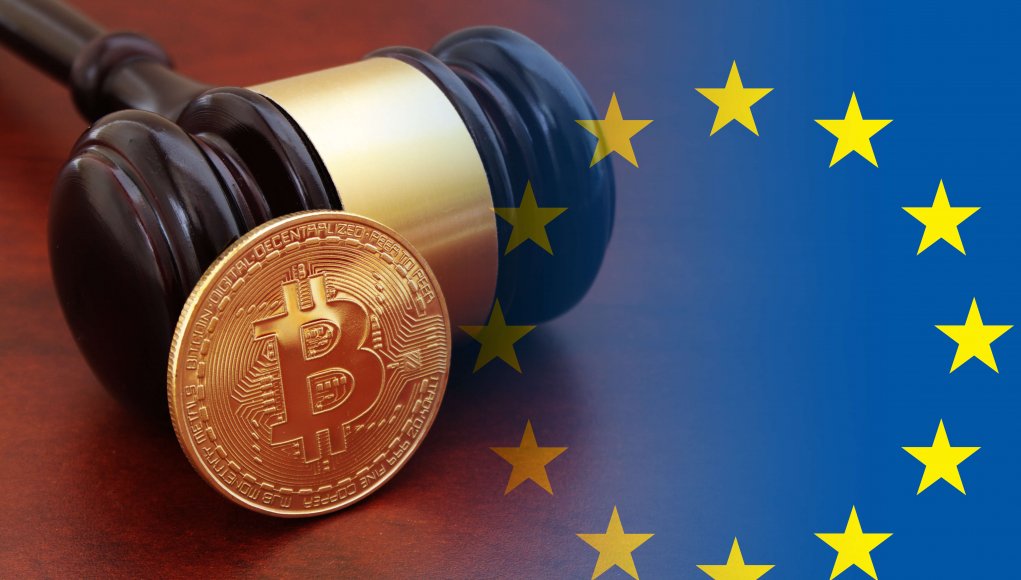EXECUTIVE SUMMARY:
In the European Union (EU), officials are taking a tougher stance on cyber crime. “…the open, accessible and interconnected Internet that brings freedom, enhances our well-being and spurs economic growth, is being misused,” as the European External Action Services writes. Cyber criminals routinely exploit it for their own personal enrichment or that of their government.
For the first time in the EU, six individuals who executed international cyber attacks, or were responsible for significant cyber threats will see sanctions.
Which attacks did these individuals help launch?
- WannaCry
- NotPetya
- Operation Cloud Hopper
- An attack on the Organization for the Prohibition of Chemical Weapons (OPCW).
What kinds of sanctions will be imposed?
Assets belonging to individuals involved will be frozen, and perpetrators will not be permitted entry into the EU bloc. In addition, sending financial resources to said individuals will be considered a violation of law.
“The sanctions represent the first application of the EU’s so-called cyber sanctions regime — a toolbox including travel bans and asset freezes intended to deter cyberattacks,” reports Bloomberg.
In order to impose sanctions, all 27 EU member states must agree to the proposal at hand. Some member states have expressed concerns about endangering diplomatic relations with the countries in which the hackers allegedly reside.
For more on this story, visit Bloomberg.




